Are You Responsible for Other People’s Suffering?
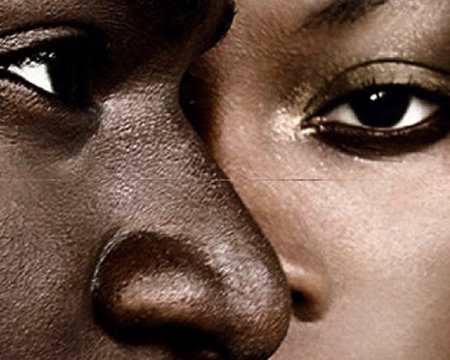
I've been touching on the subject of responsibility with many of my clients recently. Many people see the pain of those around them, and feel a certain sense of responsibility for it. Particularly when they judge what they've said, or the actions they have taken, has led to pain in another. Its one theme I'll be touching on in my book 'Awakening into Change' coming out in autumn (fall) of 2018. And because it's such a sensitive subject I thought I would go deeper here into exactly why I say you are NOT responsible for other people's suffering.
What can you be responsible for?
There is a very important difference to make here. You are not responsible for how others react to your behaviour. However, you ARE responsible for how you behave, and how you treat others.
I understand how grey this area can be. I expect we can all think of situations where something that we've said or done has had a direct impact on someone else, causing them pain in the process. It's bound to happen when interacting with others, especially for those living with families.
So, what's the best way to treat others? Are you:
Always nice to them, taking great care not to cause them any pain if you can?
Always truthful, no matter what pain may be caused?
Discernment is key
Sometimes the loving approach is to call someone up on their stuff, even if it does lead to pain. Sometimes, it's not the right time to do that - perhaps they're already in great emotional stress and aren't in a place where calling them up will have any benefit. Or, perhaps you've told them the truth many times before, even if it's just about establishing your own boundaries, and they refuse to accept that truth. Perhaps the loving approach is to meet someone in their pain exactly where they are.
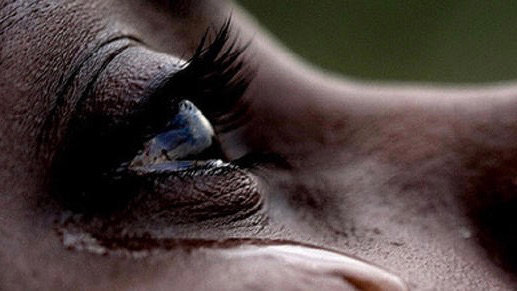
The point is, how someone reacts to any stimulus is their own responsibility and theirs alone. How disempowered would you feel if you found out someone was always protecting you to prevent you from feeling bad? Surely it's your decision how you deal with your own pain? Not only this, but why would you take on the burden of someone else's pain? It's both disempowering for them and it puts unnecessary strain on you.
Let's be clear. I totally understand how hard it is to tell someone an uncomfortable truth, knowing that it may lead to suffering. I've had this pattern for most of my life, being a people pleaser in every sense of the word. How wonderful it is when people are happy. Then you can be happy right?
Reflections in the mirror
How you react to other people's pain is exactly the same as how you will react to your own pain. If you will do anything to prevent yourself from feeling pain or suffering, then you will also take on the responsibility for others, because you won't want to see this mirror. It reminds you of your own buried pain. But if you have become comfortable with your pain, because you recognise its the route to your own light through self-realisation, then you will also be able to approach others pain and be with them through it. Even if something you said/did has triggered this pain.
Stephen Levine tells a beautiful story in his book 'Who Dies' which shows us exactly how beautiful this can be.
"I have a friend, a chemotherapy nurse in a children's cancer ward, whose job it is to pry for any available vein in an often emaciated arm, to give infusions of chemicals that sometimes last as long as twelve hours, and are often quite discomfiting for the child. He is probably the greatest pain giver the children meet in their stay in the hospital. Because he has worked with his own pain, his heart is very open. He works with his responsibilities in the hospital as 'a laying on of hands with love and acceptance.' There is little in him that causes him to withdraw, which would reinforce the painfulness of the experience for the children. He is a warm, open space which encourages the children to trust whatever they feel. And it is he who the children most ask for at the time they are dying. Although he is the main pain giver, he is also the main 'love giver'"
Becoming completely 'okay' with your own pain
The only way to overcome this pattern of taking on responsibility for other people’s pain is to work with your reaction to your own pain. Can you sit with it and not run away with distractions or medication? Believe me I know how hard this can be. But there is a light at the end of the tunnel. Dealing with your own pain leads to an end to suffering. Not an end to pain - just a way of dealing with it that brings you into the full light of who you are. Expansive, present and so much more than the pain. To deal with your pain and end suffering see the article 'Be as a Lake' A Fresh Perspective on Pain.

If you don't judge your own pain then you no longer judge the pain of others. If you no longer judge their pain, then you don't need to save them from it any more. You don't shy away from expressing your truth, even if it may lead to someone else's suffering. And the unbelievably beautiful thing is, you can be right there with them as they go through it showing them that they are not alone. Because pain is something that unites us all.
With love,
Richard
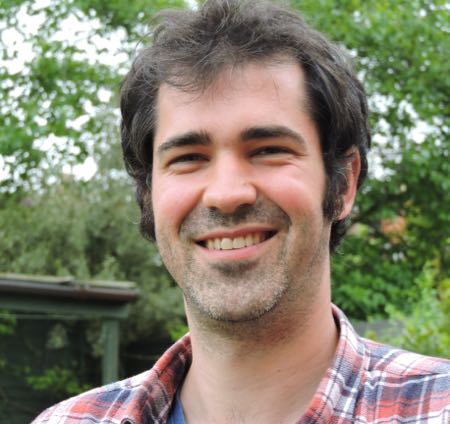 Richard is a spiritual facilitator with Openhand. He is a carer, psychologist, spiritual coach and writer. He has worked close to death for 7 years and is passionate about helping people to move on in a conscious way, even though society is geared to fight against death. He offers services in Spiritual Facilitation and Conscious Dying on his website Back to the Source and writes regular articles on his blog.
Richard is a spiritual facilitator with Openhand. He is a carer, psychologist, spiritual coach and writer. He has worked close to death for 7 years and is passionate about helping people to move on in a conscious way, even though society is geared to fight against death. He offers services in Spiritual Facilitation and Conscious Dying on his website Back to the Source and writes regular articles on his blog.
Comments
A person can only truly save themselves
Comment
It's a great article Richard, exploring an essential inquiry on the path. ![]()
![]()
People around us do suffer. And we may be able to help, but that's not by carrying the weight of the other - by carrying their pain - that risks extinguising the light in both!
One of the things it's essential to realise, is that you can't save anyone. They can only do that themselves. You may be able to point to doorways, but they must step through them by themselves - from their own volition.
And what usually best encourages people to do that, I find (as a facilitator), is to hold the space - hold the crucible - for them to explore into their pain and how much they really want to move through.
When people project their pain onto others, what usually happens is that the softening binds others in, and actually prevents them confronting the true core of their pain.
So I find lovingly holding the space, but reflecting back usually helps people move through.
Great sharing Richard!
Open ![]()
- Add new comment
- 525 views





 Check Latest EVENTS 2025
Check Latest EVENTS 2025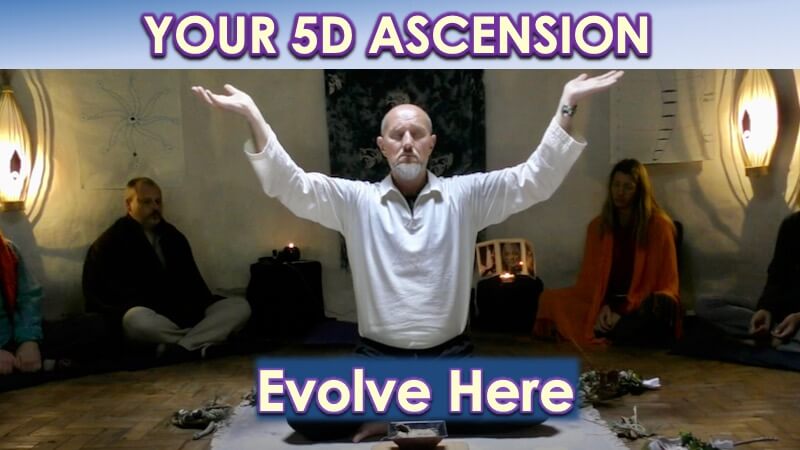 Openhand 5D Ascension Program
Openhand 5D Ascension Program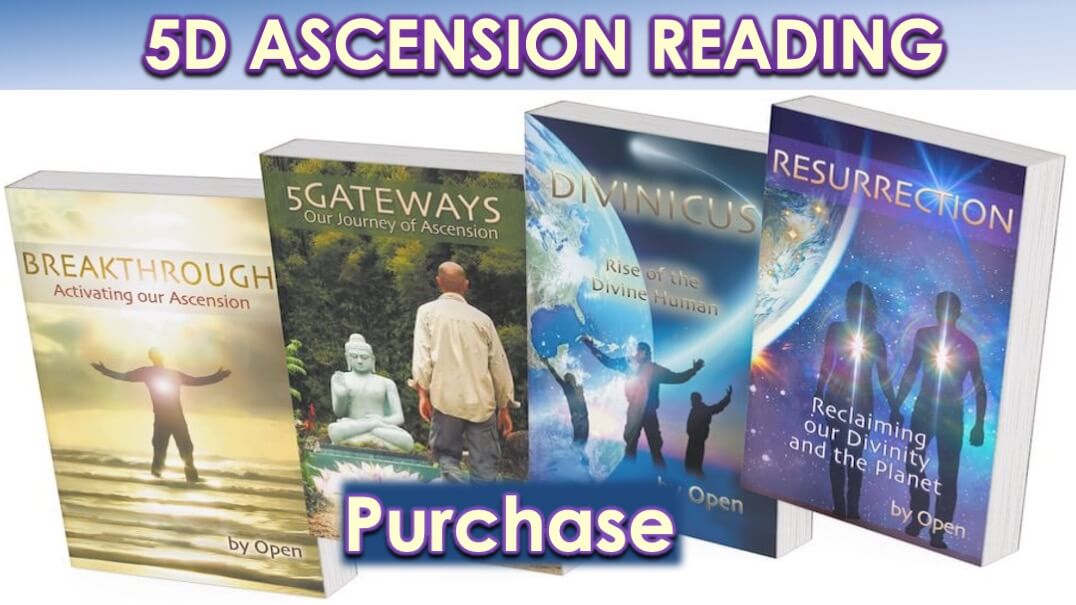
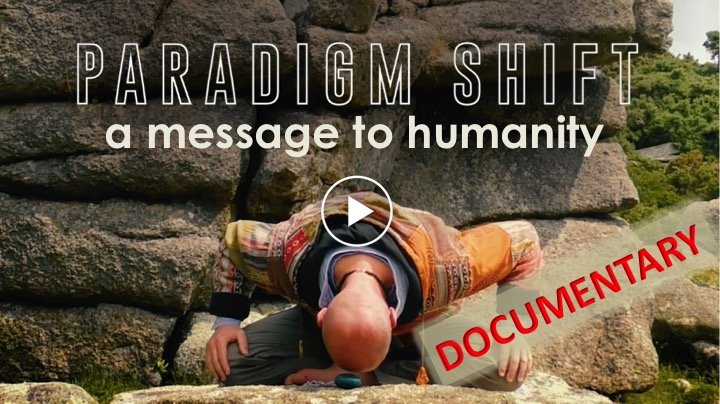
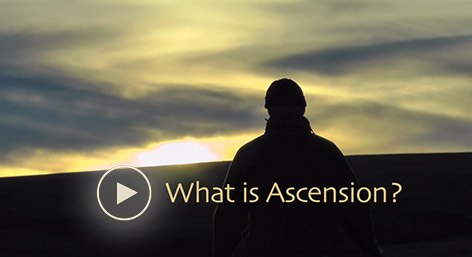
 Break through Your Tightness
Break through Your Tightness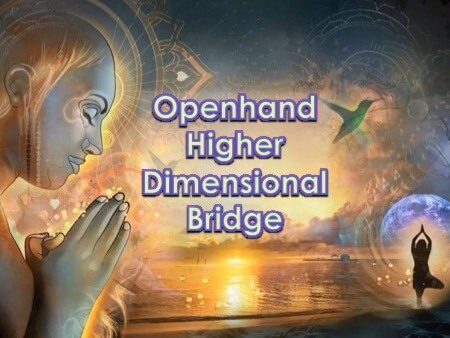


Add new comment